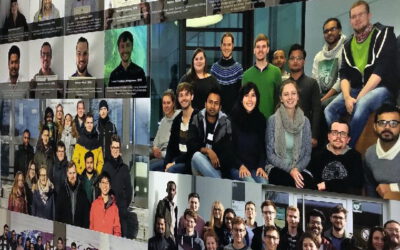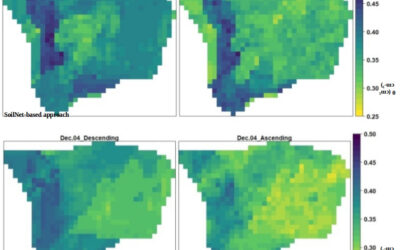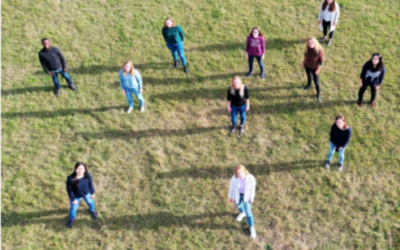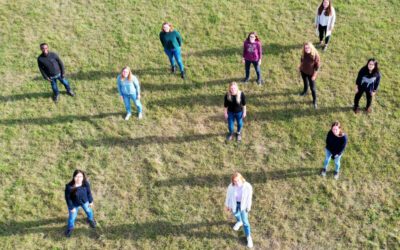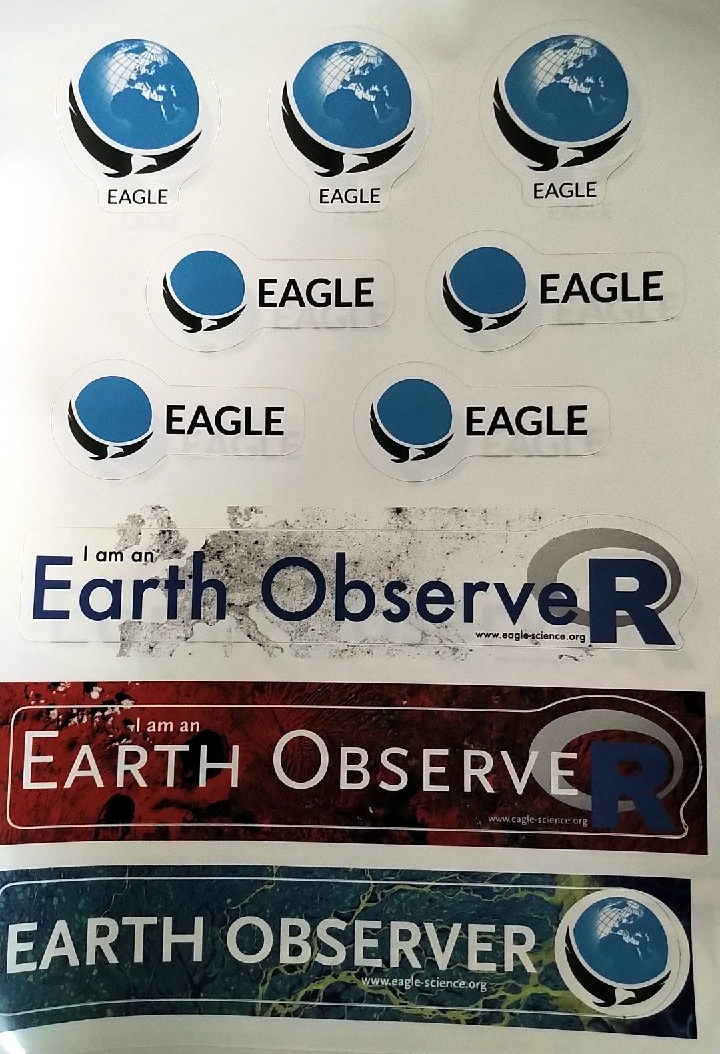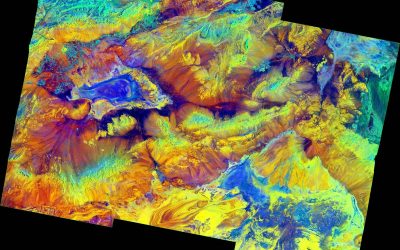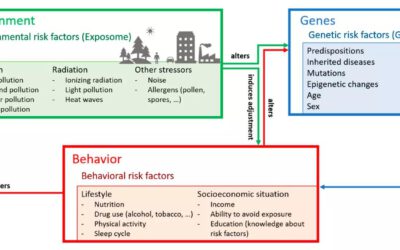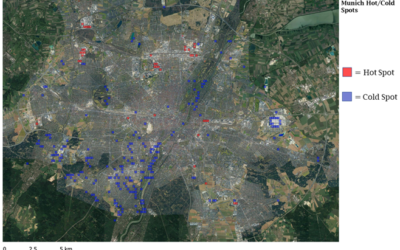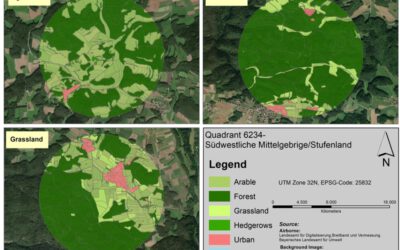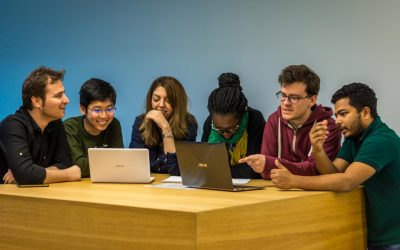About
Christian is with the team “Modeling and geostatistical analysis” at the German Aerospace Center (DLR). He worked on several topics related to renewable energy, earthquake risk assessment, and methods for remote sensing data processing. His current research interests include techniques of multimodal remote sensing, machine learning, and pattern recognition, specifically applied to the field of natural hazard risk research.
Courses

Recent News
EAGLE wall of graduates is growing steadily
Our EAGLE wall of fame is being continuously extended by pictures of our new graduates and the group pictures of our EAGLE cohortes. Great to see their pictures on our wall and following their career past the EAGLE M.Sc.. Very interesting positions from companies to...
MSc defense by Aiga Taghavi
Aida Taghavi will present her M.Sc. thesis "Potentials of Cosmic-Ray Neutron Probes for Assessing and Mapping SAR-based Soil Moisture in a Mediterranean agro-forestry ecosystem" on Dec. 15th at 1pm. From her abstract: "Accurate near-surface soil moisture (~ 5cm,...
Our newest EAGLE generation featured on 40 years of DLR Earth Observation Centre (EOC) article
We are thrilled to see our youngest EAGLE generation being mentioned on the 40 years anniversary of DLR-EOC news article. Great to see the EAGLE group on the DLR webpage (with some students missing though) fitting perfectly into the interesting and dynamic evolution...
Our EAGLE 2020 generation
Our new EAGLE Earth Observation students arrived and we took a group picture while keeping the required distance due to the current situation. Unfortunately not all students could arrive on time for the group picture and hence cannot be seen on the image below. We are...
New EAGLE stickers arrived
Just in time for the welcome of the new EAGLEs we received our new EAGLE stickers. They are a first trial of irregular shaped stickers and more will come. The fit nicely with our "old" PixelschubserIn sticker (pixel pusher) and more formal "Remote Sensing Scientist"....
internship, inno lab and MSc idea presentations
On Thursday 24th of September from 10am onwards we will have a range of presentations covering a MSc idea presentation Patrick Sogno on "Earth Observation for Exposome Mapping - Proof of Concept and Case Study in Augsburg, Germany" followed by various internship...
EAGLE student published review article with Prof. Kuenzer
Congratulations to our EAGLE student Patrick Sogno who published together with Prof. Claudia Kuenzer a review article on "Earth Observation Data Supporting Non-Communicable Disease Research: A Review". From the abstract: "A disease is non-communicable when it is not...
M.Sc. defense by Michael Wang
Michael Wang will present his thesis "Comparison of Surface Urban Heat Islands Using the World Settlement Footprint Imperviousness Layer" on Sept. 17th at 10am. From the abstract: "In the growing field of surface urban heat island (SUHI) analysis, impervious surface...
MSc. presentation by Fowad Ahmed
Fowad Ahmed will present his M.Sc. thesis "Agricultural landscape Configuration and Pattern Analysis with VHR Imagery in Bavaria" on Friday 11th at 11am. from the abstract: "Hedgerows and woody linear features are an integral part of the landscapes where they exist....
New EAGLEs in 2020
we are finally through all 140 interviews of eligible EAGLE applications. We had again very good and highly suitable candiates and in total 25 applicants passed the interviews and are accepted to the EAGLE program. Our new EAGLEs are from various countries (15...

